As a fashion designer, I get asked this a lot. Friends, clients, and even fellow creators want to know — is Fabletics fast fashion? It’s a fair question, especially in a world where more people are looking beyond style and asking what really goes on behind the seams.
Let’s break it down clearly. I’ll share my perspective as someone who lives and breathes design, textiles, and ethical production.
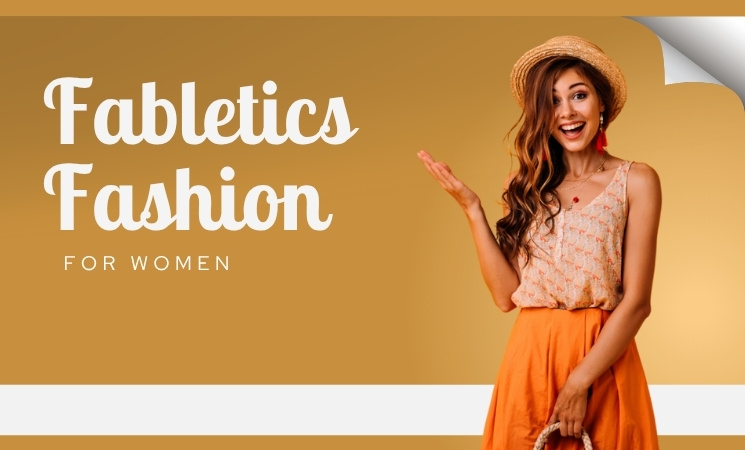
What Is Fabletics?
Fabletics is an activewear brand launched in 2013, co-founded by actress Kate Hudson. It’s known for stylish leggings, matching sets, and its unique subscription model. Customers can become VIP members, receiving monthly outfit suggestions at discounted rates.
On the surface, Fabletics looks like a step up from budget athletic brands. But when we take a closer look at how they operate, it becomes easier to answer the big question.
Is Fabletics Fast Fashion?
Yes, Fabletics fits the fast fashion model in several ways.
1. Frequent Product Drops
Fabletics releases new collections regularly. There are weekly updates for women and monthly drops for men. This consistent cycle is designed to encourage frequent purchases and keep up with seasonal trends.
2. Synthetic Materials
Most Fabletics pieces are made from polyester, nylon, and elastane. These fabrics are popular for performance wear, but they are synthetic and not biodegradable. From a sustainability standpoint, that’s a red flag.
3. Pricing and Mass Production
With the VIP program, customers can score leggings for under thirty dollars. While appealing to shoppers, this pricing structure points to mass production and economies of scale. It also raises concerns about how little the labor behind each garment may be compensated.
4. Limited Transparency
Fabletics shares very little about where their clothes are made or how workers are treated. Unlike brands that post detailed sustainability reports or audit results, Fabletics leaves much of that information out.
Ethical Concerns: Labor and Manufacturing

In 2021, an investigation published by Time Magazine revealed troubling allegations at a factory in Lesotho, Africa, which was producing clothes for Fabletics. Female workers reported verbal abuse, sexual harassment, and unsafe conditions. The brand responded by suspending operations there and launching an investigation.
While that response was a start, it also highlighted the risk that comes with poor oversight. Ethical production requires consistent monitoring, fair wages, and transparency — all of which remain unclear in Fabletics’ case.
What Fabletics Says About Sustainability
Fabletics has made some claims about using eco-friendly packaging and introducing limited sustainable fabrics. But there’s no detailed reporting or third-party verification. From a designer’s point of view, sustainability goes far beyond a few recycled fabrics. It involves long-term commitments, traceable supply chains, and ethical sourcing — things that are missing from their public-facing message.
A Designer’s Verdict
So, is Fabletics fast fashion? Yes. The brand relies on fast production, synthetic materials, and trend-driven marketing. Its lack of transparency around labor and manufacturing adds to the concern. While its products may be stylish and functional, the overall system behind them is not designed for sustainability.
That doesn’t mean you can’t shop there. But if you care about ethics in fashion — and I know many of you do — it’s worth thinking about what you’re supporting with your purchase.
Want to Learn About Other Fast Fashion Brands?
If this topic interests you, you may also want to explore my thoughts on Edikted Fast Fashion. It’s another trendy brand often compared with the likes of Shein, and the fast fashion label definitely applies.
Final Thoughts
Fashion is not just about fabric and fit. It is also about people, processes, and the planet. Fabletics may offer the right look, but its approach still falls within the fast fashion world. As a designer, I believe style should empower — not only the wearer, but also the hands behind every stitch.



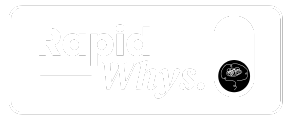


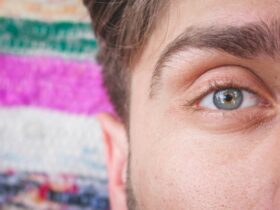
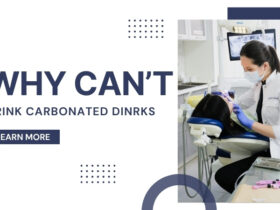
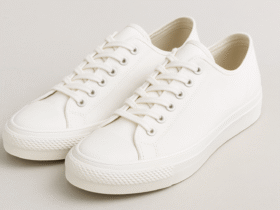
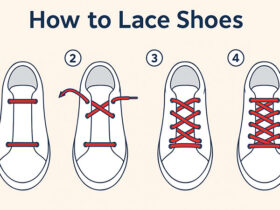

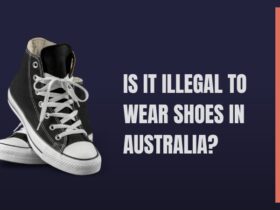
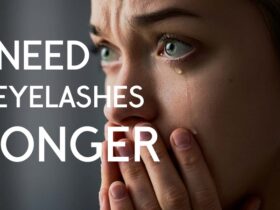
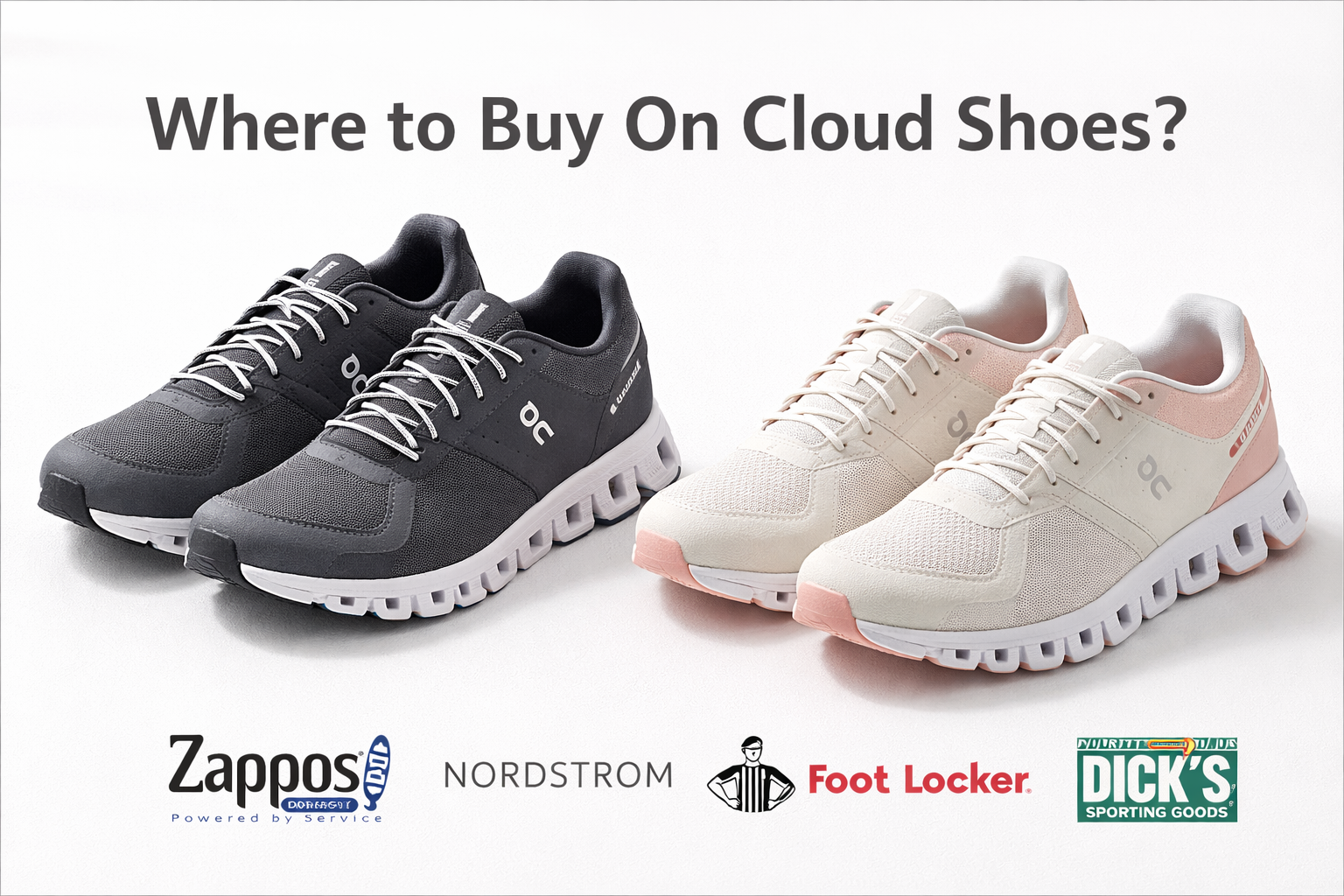
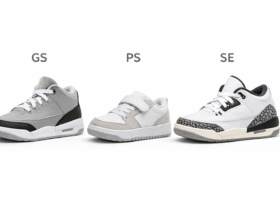
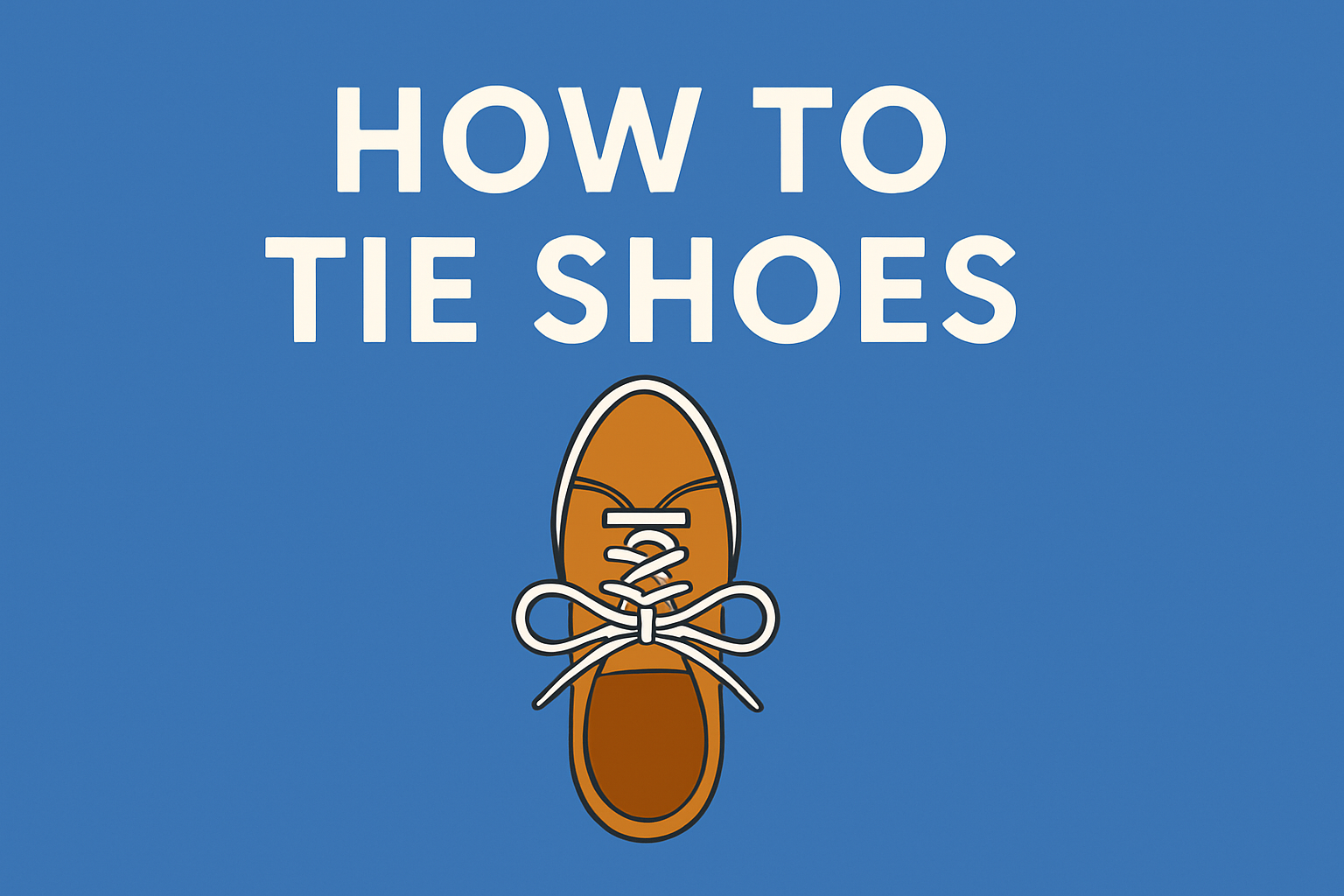
Leave a Reply